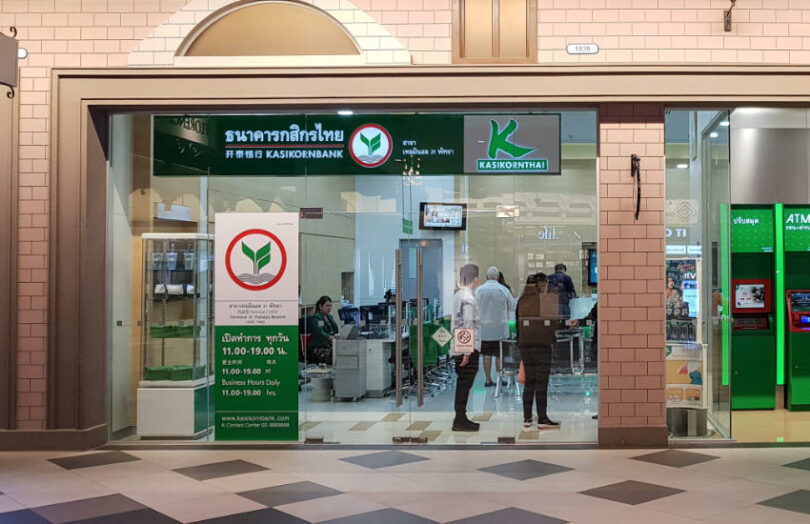Thailand’s Kasikornbank, the country’s second largest bank, is planning to support tokenized securities or crypto token issuances. The bank acquired a cryptocurrency exchange Satang in October.
Bloomberg reported Kasikornbank’s Co-President Pipit Aneaknith as saying it is advising clients to issue tokens for fund raising. “We’re serious about developing a digital-asset ecosystem that will be very cost efficient compared with existing, traditional platforms,” he said. Companies will pay a yield on the tokens.
The bank also has a blockchain division and provides digital asset custody.
Apart from acquiring the crypto exchange, Kasikornbank is making significant investments in the web3 space. Alongside Citi, one of its venture capital offshoots recently participated in the funding of BondbloX, the Singapore fractional bond platform.
In September the bank launched KXVC, a $100 million venture capital fund targeting web3, DeFi and AI. KX doesn’t just invest in startups. It is also a venture builder. For example it has created Ainu, a digital identity verification solution. One of Ainu’s aims is to help blockchain and crypto firms comply with regulatory requirements.
The bank is keen to lean into all things digital currency. For example, it was amongst the first foreign banks to support the digital yuan.
Meanwhile, blockchain is top of mind in Thailand. During the recent elections the winning Pheu Thai Party promised a 10,000 baht ($286) blockchain digital wallet giveaway to every person aged 16 or older. Since coming to power, the giveaway appears to be more targeted, with a limit on monthly income ($2,000) and citizens must have deposits of less than 500,000 baht ($14,300).
The giveaway is expected to start in April 2024, aiming to boost the economy. Hence, recipients must spend the digital cash within six months at physical stores and citizens cannot exchange the money for physical cash. Thai retailers are especially happy.






